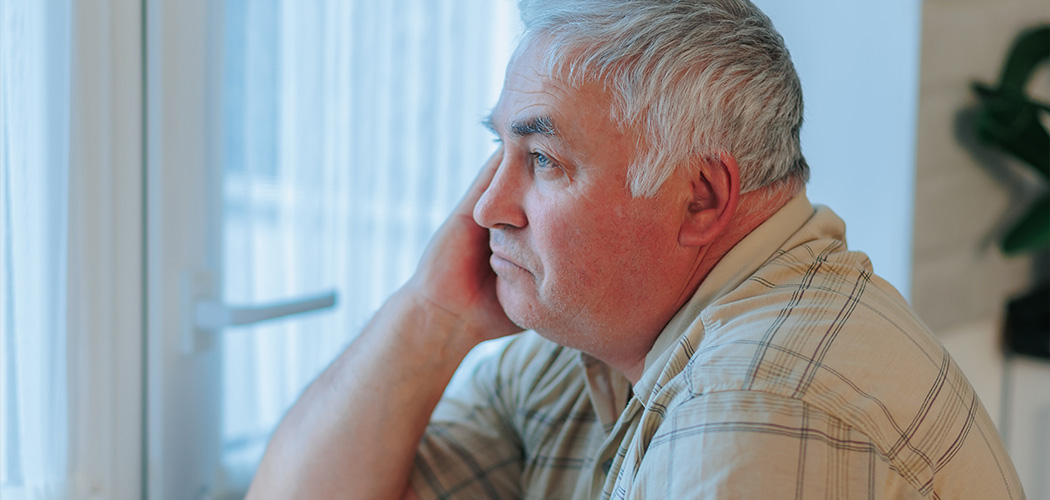Recently, while waiting at a pharmacy, I witnessed an interaction that has stayed with me.
A young man, around 30 years old, stood at the counter, visibly uncomfortable. He was breathless and sweating slightly, despite the cool, air-conditioned environment – signs of the physical and maybe emotional burden he was carrying. The pharmacist, with a firm tone, informed him that he was not eligible for the drug his doctor had prescribed: Ozempic.
“But my doctor said I should use it,” the man said, clearly confused.
“Do you have diabetes?” the pharmacist asked, loudly enough for everyone to hear.
“No,” the man replied.
“Then you can’t have this drug. It’s for people with diabetes, not for those who just want to lose weight.” The man turned away, embarrassed and defeated, while the pharmacist appeared satisfied, as if she had won a small victory.
As a nurse, this scene deeply unsettled me -not just because of the pharmacist’s strict adherence to her medication protocol while ignoring patient confidentiality, but because of the underlying message it sent. The pharmacist seemed to believe that healthcare decisions could be based on moral judgements rather than medical needs. The young man did not need to be turned away with a sense of shame; he needed understanding and support in finding a path to better health.
Obesity is a significant health issue, contributing significantly to (ironically) diabetes, heart disease, and certain cancers. The conversation about managing it should never be about who ‘deserves’ treatment. It should focus on finding the most effective interventions to help people achieve better health and ensuring these interventions are accessible to everyone, regardless of their financial situation or the complexities of their health status.
In this instance, the doctor had already prescribed Ozempic, indicating that a medical professional had determined it was appropriate for the patient’s needs. The pharmacist’s decision not to fill the prescription – whether due to limited stock or a perceived moral obligation – left the patient feeling as though they were in the wrong, when they were simply following their doctor’s advice. This situation highlights a concerning trend where patients are judged or denied care based on non-medical factors, leading to unnecessary shame and confusion.
Ozempic (semaglutide), initially developed to treat diabetes, is a promising tool for weight management. Like any medication, it has side effects, including possibly serious ones such as depression and suicidal thoughts. This risk underscores the complexity of using pharmaceuticals to manage obesity and the need for a holistic approach that includes psychological support and careful monitoring. But this pharmacist’s reaction was not about these risks – it was about the perceived misuse of a resource, reflecting an underlying bias in our society that judges those struggling with obesity as less deserving of care.
This bias is pervasive, often manifesting in subtle ways that discourage people from seeking the help they need. As healthcare professionals, our role is to challenge these biases and advocate for all patients, regardless of their size or the complexity of their health challenges. It is crucial that we shift the focus from rationing resources to ensuring that effective, comprehensive care – including medications like semaglutide – is accessible to everyone who could benefit, supported by education, lifestyle changes, and ongoing healthcare guidance.
This pharmacist missed an opportunity to provide care that was compassionate and person-centred. Rather than focusing on denying access, what if we had systems in place where effective interventions like semaglutide were freely available to everyone who could benefit, with proper safeguards to monitor and mitigate potential side effects? What if the conversation shifted from rationing resources to ensuring everyone had the support they need to lead healthier lives?
As nurses, we strive to advocate for our patients’ wellbeing in all its forms. This means pushing for a healthcare system where interventions, whether pharmaceutical or otherwise, are accessible to everyone who needs them, and where the underlying biases that shape who we believe ‘deserves’ care are actively challenged. It is not about judgement; it is about ensuring that every individual has the tools and support necessary to achieve better health. Our focus should always be on care, compassion, and creating a society where effective treatments are within reach for all, free from bias and stigma.
Author
Amanda Wilson RN BA(Hons) MCA PhD is a Professor of Nursing, UTS, NSW








